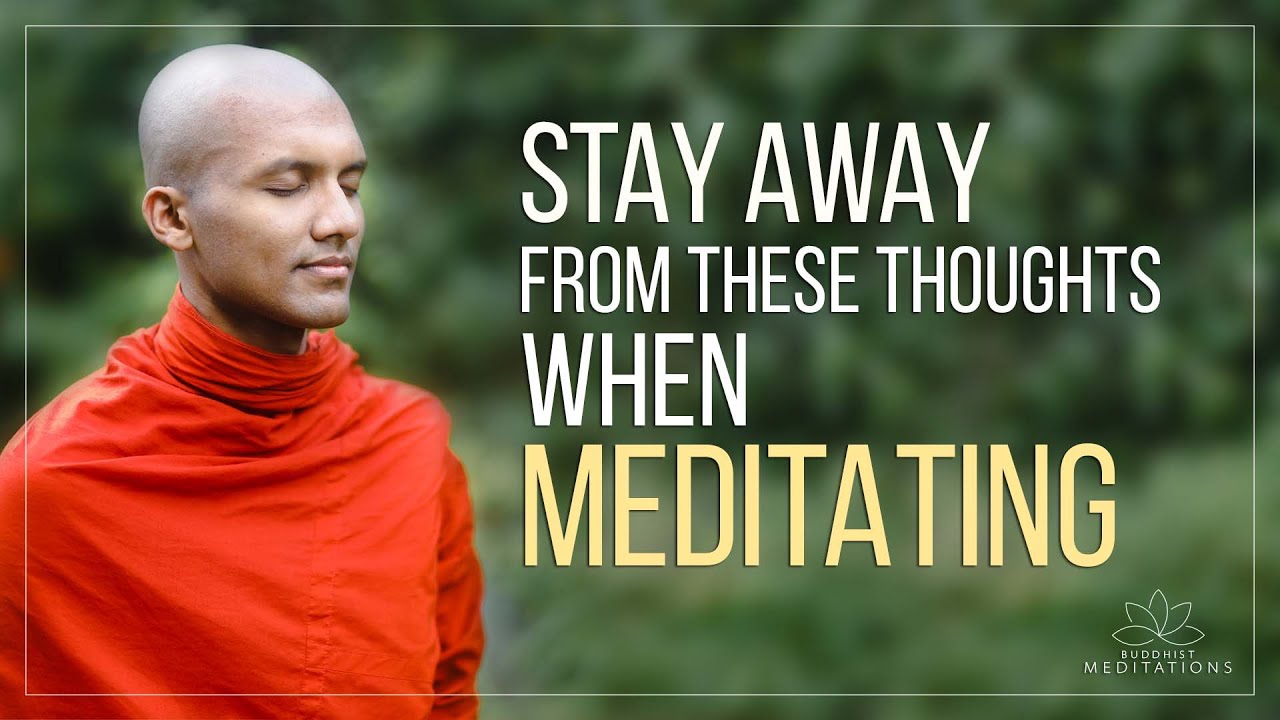SUMMARY of MINDFULNESS IN PLAIN ENGLISH by HENEPOLA GUNARATANA
Summary
TLDRThis script from 'Mindfulness in Plain English' by Bante Hopola Garara offers a comprehensive guide to meditation and mindfulness. It dispels myths, highlighting the practice's ability to transcend religious boundaries and provide clarity, peace, and happiness. The book focuses on Vipassana, a Buddhist meditation technique, and emphasizes the importance of concentration and mindfulness for deep insight. It provides practical advice on meditation posture, breath focus, and managing distractions, aiming to cultivate mindfulness in daily life for better mental habits and a more objective view of reality.
Takeaways
- 📚 The book 'Mindfulness in Plain English' by Bhante Henepola Gunaratana explains the myths, realities, and benefits of meditation and mindfulness.
- 🧘♂️ The book focuses on Vipassana, a Buddhist meditation practice, which is applicable regardless of one's religious affiliation.
- 🤔 It discusses why we should meditate, highlighting that human nature tends to be dissatisfied and stuck in a mental treadmill of desire versus aversion.
- 🔍 Meditation can help achieve peace and happiness by stepping outside this mental treadmill and becoming acutely aware of one's thoughts and actions.
- 🧭 The book provides a step-by-step guide to cultivate mindfulness for greater focus, clarity, peace, and happiness.
- 🌟 Mindfulness is the English translation of the Pali word 'Sati', which involves non-conceptual awareness and full awareness before the mind starts to attach labels and concepts.
- 🧘♀️ The practice of Vipassana meditation involves developing both concentration and mindfulness to gain deep insight into the fundamental reality of existence.
- 🧘♂️ The book debunks myths about meditation, clarifying that it's not about relaxation alone, psychic abilities, escaping reality, or solving problems magically.
- 🕒 It offers practical advice on how to meditate, including setting aside time, choosing a comfortable position, and focusing on the breath.
- 🌱 The benefits of mindfulness and meditation include dissolving mental barriers, changing perceptions, and developing new mental habits for heightened awareness in everyday life.
Q & A
What is the main focus of the book 'Mindfulness in Plain English'?
-The book focuses on explaining the myths, realities, and benefits of meditation and mindfulness, providing a step-by-step guide to cultivate mindfulness for greater focus, clarity, peace, and happiness.
Which meditation practice is emphasized in the book?
-The book emphasizes the practice of Vipassana, which is the oldest Buddhist meditation practice.
Why is it said that we are 'prisoners of the mental treadmill'?
-We are considered 'prisoners of the mental treadmill' because we tend to mentally categorize our experiences, cling to what we perceive as good, reject what we perceive as bad, and ignore everything else, leading to a cycle of desire and aversion.
What are the two elements required to gain deep insight through meditation according to the book?
-To gain deep insight through meditation, one needs both concentration and mindfulness. Concentration is about focusing the mind on one thing, while mindfulness is about calmly noticing when the mind has wandered and bringing it back to focus.
How does mindfulness help in dealing with stress and dissatisfaction?
-Mindfulness helps by allowing one to recognize desires without obsessing over them, face fears without being crippled by them, and see oneself without illusion or judgment, leading to greater focus, clarity, and intuition.
What is the significance of the breath in the context of meditation as described in the book?
-The breath is significant in meditation because it is a portable, natural, observable, and transient process that serves as a point of focus to direct attention and help in developing mindfulness.
What is the recommended duration for beginners to start with in meditation practice?
-Beginners should start with less than 20 minutes of meditation and gradually lengthen their sitting time based on their comfort and ability to sit without acute pain.
How does the book suggest dealing with physical pain during meditation?
-The book suggests making any residual pain the object of meditation, observing the pain mindfully, and exploring the feeling instead of fighting it, which can help in loosening its hold on you.
What are some of the common distractions during meditation and how can they be managed?
-Common distractions include thoughts, physical pain, boredom, and fear. They can be managed by observing them mindfully until they dissipate, using techniques like counting breaths or focusing on the breath until the mind is refocused.
How can mindfulness be incorporated into everyday life as suggested by the book?
-Mindfulness can be incorporated into everyday life by setting aside time daily for practices like walking meditation, being aware of postures and movements, and doing activities in slow motion to observe every nuance.
What are the potential benefits of mindfulness and meditation as outlined in the book?
-The potential benefits include dissolving mental barriers, changing perceptions, developing new mental habits, maintaining heightened awareness, perceiving the true nature of phenomena, and realizing the impermanence, unsatisfactoriness, and selflessness of all things.
Outlines

此内容仅限付费用户访问。 请升级后访问。
立即升级Mindmap

此内容仅限付费用户访问。 请升级后访问。
立即升级Keywords

此内容仅限付费用户访问。 请升级后访问。
立即升级Highlights

此内容仅限付费用户访问。 请升级后访问。
立即升级Transcripts

此内容仅限付费用户访问。 请升级后访问。
立即升级浏览更多相关视频

Las claves del mindfulness

How to be a Mindful Muslim | Animated Video

81 PRODUCTIVE THINGS TO DO IN 2024 *watch this for motivation*

Stay away from these thoughts when Meditating | Buddhism In English

Mindfulness Meditation - A Complete Guide With Techniques & Examples

Introduction To Breathing Meditation | Buddhism In English
5.0 / 5 (0 votes)
